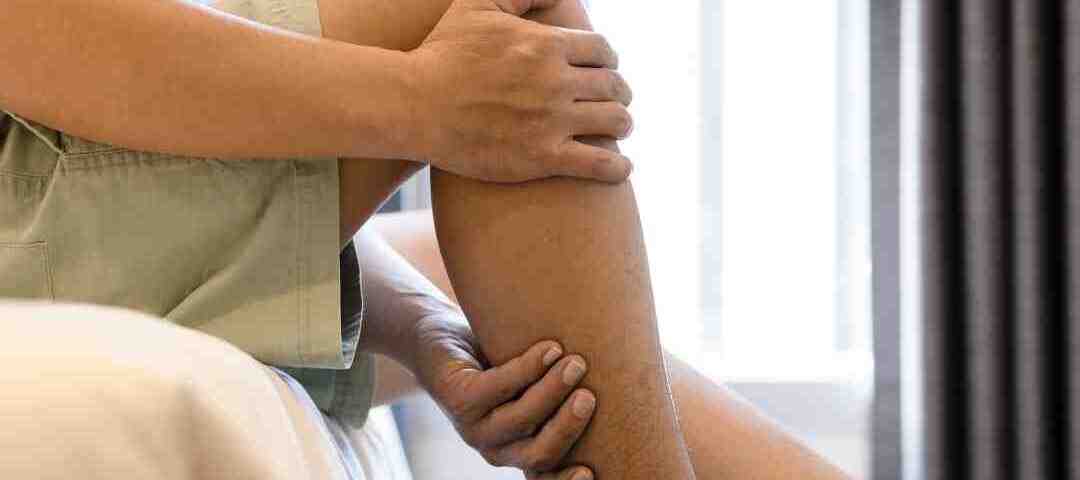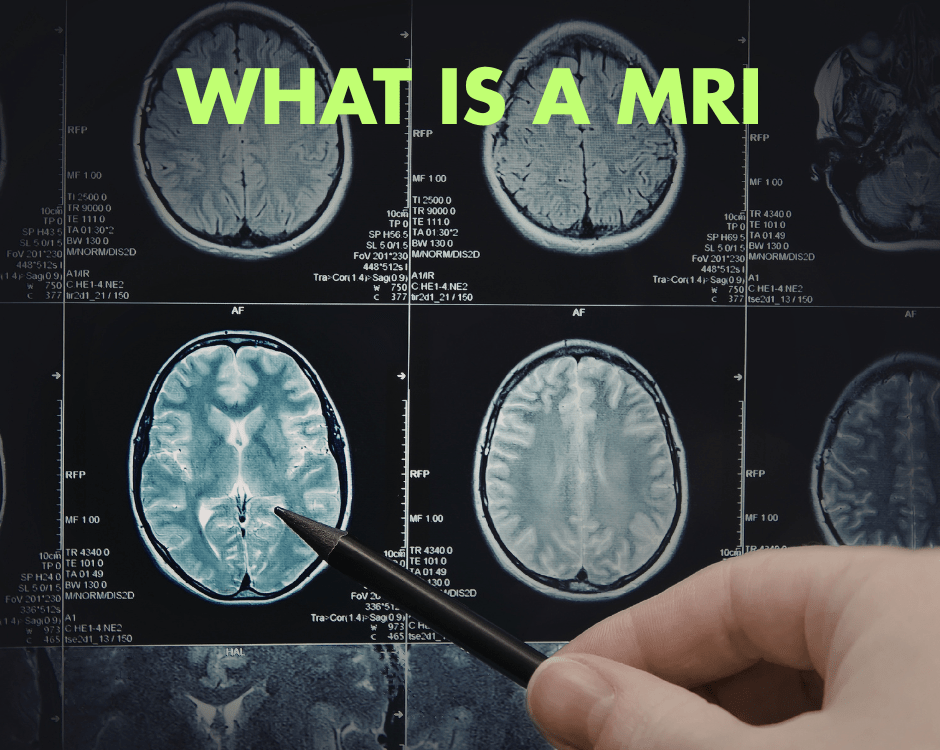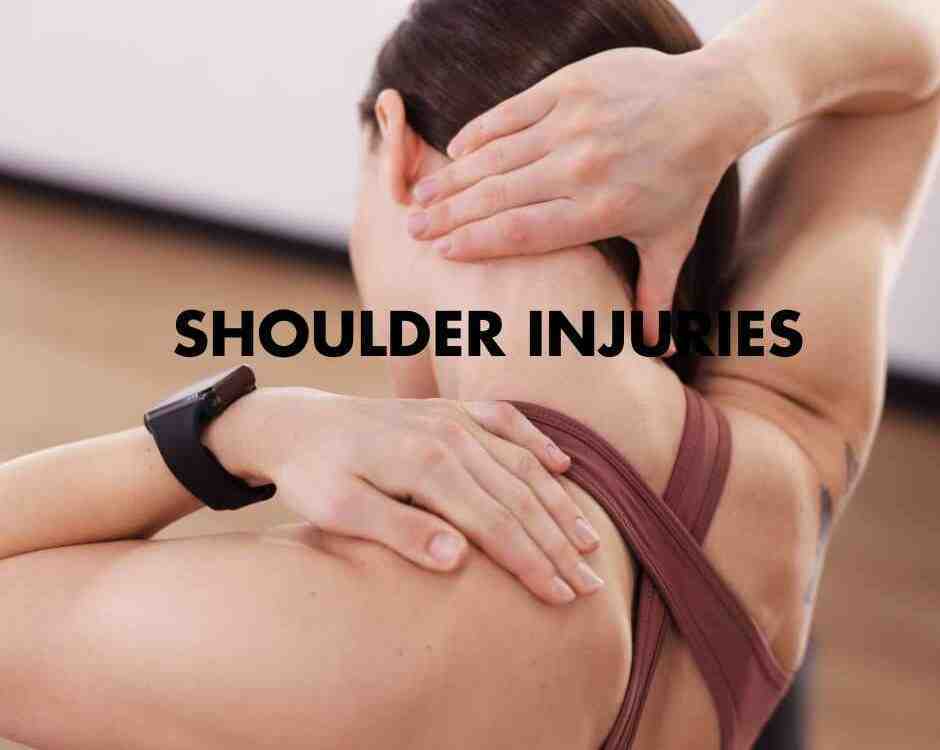Great Ways to STOP muscle Cramps in the Night

Five Benefits of Adding Lemon to Your Water
November 11, 2024
Most Common Elbow Injuries After a Motor Vehicle Accident
November 11, 2024- Accident doctor
- accupuncture
- airplane headache
- alzheimer's
- best habits
- Brain Injuries
- car accident
- car accidents
- cervical strain
- colds
- concussion
- Concussions
- disc bulge
- dosage meds
- dry needling
- dull pain
- E bike injuries
- florida
- good posture
- headaches
- Headrest positions
- Headrest positions after an accident
- Healthy choices
- Healthy flying
- healthy gift guide
- Healthy SPring Ideas
- hip pain
- hyperextension
- injury doctor
- insurance
- Kayaking
- kentucky
- kids motion sickness
- lifestyle
- motion sickness
- neck injury
- no fault insurance doctor
- noise healing
- osteoporosis
- pain symptoms
- pink noise
- posterior chain
- posture
- prevent osteoporosis
- Rest
- Scoliosis
- shoulder pain
- Stress with kids after a motor vehicle accident
- TBI
- tips
- tmj
- torn muscle
- Traumatic Brain Injury
- trigger points
- VitaminD
- What are Post Traumatic headaches?
Great Ways to Stop Muscle Cramps in the Middle of the Night
Waking up to a sudden, intense muscle cramp in the middle of the night can be both painful and frustrating. Muscle cramps, often affecting the legs, are involuntary contractions that can last from a few seconds to several minutes. While they are common among athletes and older adults, they often strike at night, waking you up in pain. I am Dr. Aaron Workman, a chiropractor at one of the highest rated car accident medical care establishments in Kentucky and I will discuss great ways to stop muscle cramps.
A few years ago, my middle child woke up in the middle of the night screaming as if it were his last breath. After making it quickly to his room I discovered he was having a bad calf spasm, yet he had no idea what was going on or what to do. After a few minutes, I taught him an important lesson in muscles cramping and what to do. Luckily, there are a few effective methods to stop a cramp once it starts, as well as preventative steps you can take to reduce the chances of them happening in the first place. Here are several ways to handle nighttime muscle cramps.
- Stretch It Out Immediately
When a cramp strikes, the first instinct is often to curl up and wait for it to pass. This may not occur and only end up making the pain worse, especially if you move the wrong way allowing the spasm to tighten more. Stretching the affected muscle is the first thing you must do to get rid of the pain quickly. As with my child, he had no concept of how to do that so here are a couple tips:
Calf cramps: If a calf cramp wakes you up, you need to get up because the pain will resolve faster if you move. You can sit on the bed or floor with your leg out in front and flex your foot, so the toes point towards the head. This stretches the painful muscle. You can stand beside your bed and stretch the calf muscle by leaning on the bed and straightening the affected leg behind you. If the front part of the lower leg or the top of the foot is cramping you must stand, stick affected leg straight behind you with the top part of the foot on floor, the bottom of the foot facing the ceiling and stretch forward. It is a weird position and something you should try before you need it.
Thigh cramps: For a cramp in the thigh, stand up and pull your foot up toward your buttocks, stretching the front of your thigh. For a hamstring cramp, extend your leg in front of you and reach toward your toes to stretch the back of your thigh.
- Heat or Cold
Applying heat or cold to the cramping muscle can also provide relief. Which one works best depends on the situation and personal preference:
Heat: If you often wake up with cramps, try keeping a heating pad or a warm compress near your bed. Heat can help relax the muscle which makes it easier to relieve a cramp if you cannot properly stretch. The moment you feel a cramp, start getting heat on the painful area to allow the muscle to relax.
Cold: For some, an ice pack may help. The cold can make a numbing sensation, possibly reducing inflammation that is making the pain worse.
- Rehydrate and Electrolytes
Dehydration is a common cause of muscle cramps, particularly at night when fluid intake is limited. My largest contributor to muscle cramps is ensuring adequate water intake during the day. There are times we may get busy and forget to drink enough water for our muscles to get through the night without a dehydration spasm. You can also add electrolytes, which are essential minerals the muscles need to work properly. Important minerals are magnesium and potassium found in many of our daily foods. Making sure you have these in your diet can help if you are prone to leg cramps.
Waking up to a muscle cramp can be painful and scary if you do not understand what is happening, but with a few simple tricks, you can stop it quickly and reduce your chances of having it happen again. Stretching, using heat or ice, and keeping hydrated with enough electrolytes are all helpful strategies to get relief and sleep through the night without waking up with miserable pain.
— This article is written by Aaron Workman, DC, one of the members of Chambers Medical Group’s team of car accident chiropractors who offer a variety of treatments and therapies ranging from diagnostic testing to various soft tissue therapies for car accidents and injuries in Kentucky.
- Car Accident Medical Clinic in Tampa
- Car Accident Medical Clinic in Plant City
- Car Accident Medical Clinic in Brandon
- Car Accident Medical Clinic in Lakeland
- Car Accident Medical Clinic in Sarasota
- Car Accident Medical Clinic in Louisville
- Car Accident Medical Clinic in Lexington
- Car Accident Medical Clinic in Florence




